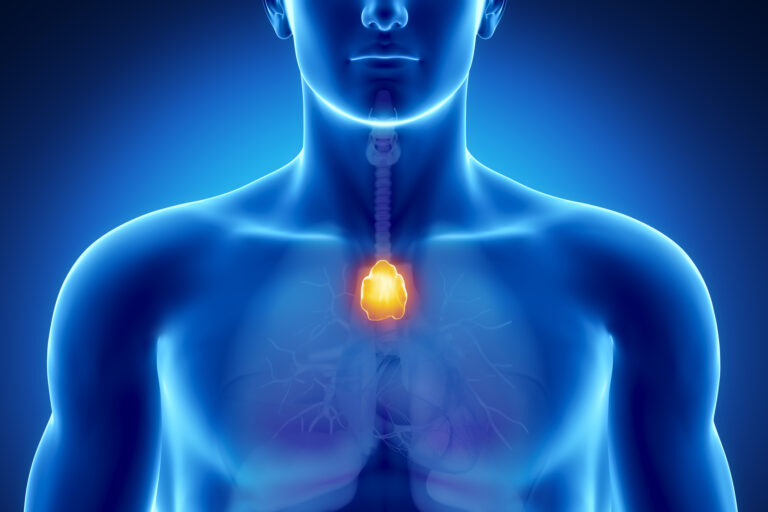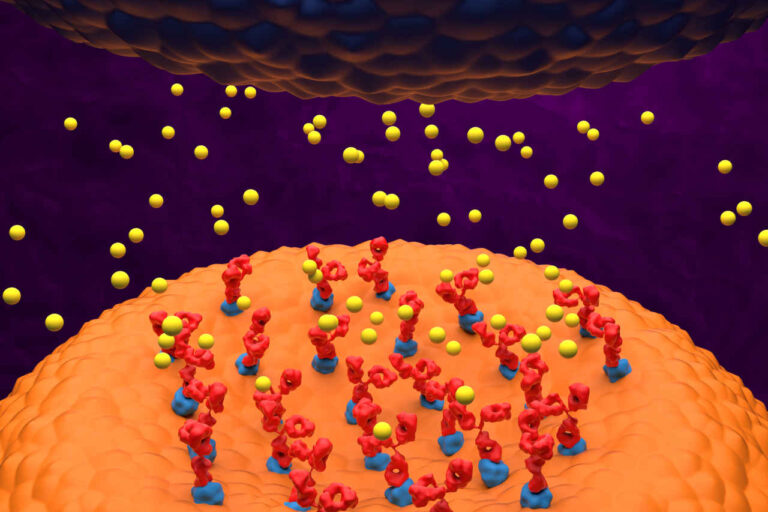
患有慢性病的生活可能充满挑战,尤其是当面对无法治愈的终身疾病时,例如 重症肌无力 (毫克)。 重症肌无力是一种自身免疫性疾病,通过阻碍神经冲动向肌肉细胞的传递,导致骨骼肌无力。患者体内的抗体会攻击并破坏神经和肌肉之间的沟通,导致肌肉收缩失败。
获得 IVIG 共同支付援助
与专家交谈重症肌无力的常见症状包括:
- 眼肌无力,又称眼肌无力
- 复视(复视)
- 一侧或两侧眼睑下垂(眼睑下垂)
- 说话或吞咽困难,或面部表情改变
- 全身无力
这种自身免疫性疾病的病因尚不清楚,但早期发现和及时的医疗管理可以帮助患者更好地控制症状。与……共存重症肌无力会导致患者执行日常任务的能力下降,从而影响其生活质量。体力下降和慢性疲劳会导致患者失去动力,并出现抑郁症状。
抑郁症和重症肌无力(MG)
沮丧 是一种影响个人身心健康的疾病,也是常见的精神疾病之一 重症肌无力患者所经历的合并症。抑郁症是治疗的结果 用于改善重症肌无力症状的药物的副作用。抑郁症不仅会干扰患者的日常功能活动,还会扰乱免疫功能,进一步加剧重症肌无力病情,从而 降低生活质量.
重症肌无力患者的抑郁症状包括:
- 对外貌不满意
- 缺乏信心
- 情绪变化
- 低能量
- 缺乏快乐(快感缺乏)
患者出现更多发作,并且 重症肌无力 危机的压力和抑郁分数较高。 由于抑郁症会加重重肌无力,使患者更难控制身体症状,因此医疗保健专业人员提出了抑郁症应对策略来改善重症肌无力状况。
获取您的 IVIG 剂量
在家输液重症肌无力患者的抑郁应对策略
为了帮助重症肌无力患者应对抑郁症, 擅长治疗重症肌无力的神经科医生和护理团队会采用非药物、整体疗法,而不是向患者推荐抗抑郁药,因为抗抑郁药效果不佳,而且可能与其他用于治疗重症肌无力的药物发生相互作用,导致重症肌无力病情恶化。非药物、整体疗法被认为是减少 重症肌无力引起的抑郁症进展。这种方法也已在重症肌无力患者中显示出良好的疗效,能够改善患者的整体生活质量。
改善重症肌无力状况的一些抑郁症应对方法包括:
锻炼
每日锻炼可以缓解重症肌无力症状,并帮助患者应对抑郁症。在体力活动期间,大脑会释放化学物质和神经递质,从而减轻疲劳,改善情绪和认知能力。这还能帮助重症肌无力患者减轻抑郁情绪,增强活力。
您可以咨询您的服务提供商,询问哪种类型的锻炼最适合您。
 冥想与正念
冥想与正念
冥想和正念练习能够带来平静、平衡与平和的感觉。经常练习这些练习,可能对重症肌无力症和抑郁症患者有益。
认知行为疗法(CBT)
认知行为疗法 有利于治疗 共病 重症肌无力 (MG) 患者的抑郁、失眠和焦虑。这种短期疗法侧重于改变患者与重症肌无力问题相关的行为或思维方式。
心理健康治疗
咨询治疗师可以帮助患者应对重症肌无力治疗期间出现的抑郁症或其他心理健康问题。
社会支持
研究报告显示,来自家人和朋友的社会和情感支持有助于改善重症肌无力患者的身心状况。此外,与其他重症肌无力患者和医护人员互动交流也有助于减轻抑郁情绪,提高生活质量。
一些医院提供特殊项目,教导患者如何对抗由慢性疾病引起的抑郁症,例如 重症肌无力.
IVIG 有帮助吗?
免费 IVIG 治疗信息结论
如果您连续至少两周出现情绪低落、精力不足、兴趣丧失或任何其他抑郁症状,请联系您的医疗保健提供者。控制抑郁症可以改善生活质量,并有助于控制重症肌无力。
参考:
- Cherukupally KR, Kodjo K, Ogunsakin O, Olayinka O, Fouron P. 重症肌无力患者的抑郁和焦虑共病症状。《精神病学病例报告》。2020年1月8日;2020年。
- 邱玲,冯红艳,黄晓,莫荣,欧春燕,罗春梅,李燕,刘文斌。重症肌无力患者抑郁、焦虑、失眠发生率及相关因素研究。中华医学杂志。2010年12月1日;90(45):3176-9。
- Bogdan A, Barnett C, Ali A, AlQwaifly M, Abraham A, Mannan S, Ng E, Bril V. 重症肌无力患者的慢性应激、抑郁及人格类型。《欧洲神经病学杂志》。2020年1月;27(1):204-9。
- https://neuro.psychiatryonline.org/doi/10.1176/jnp.13.1.116-a













